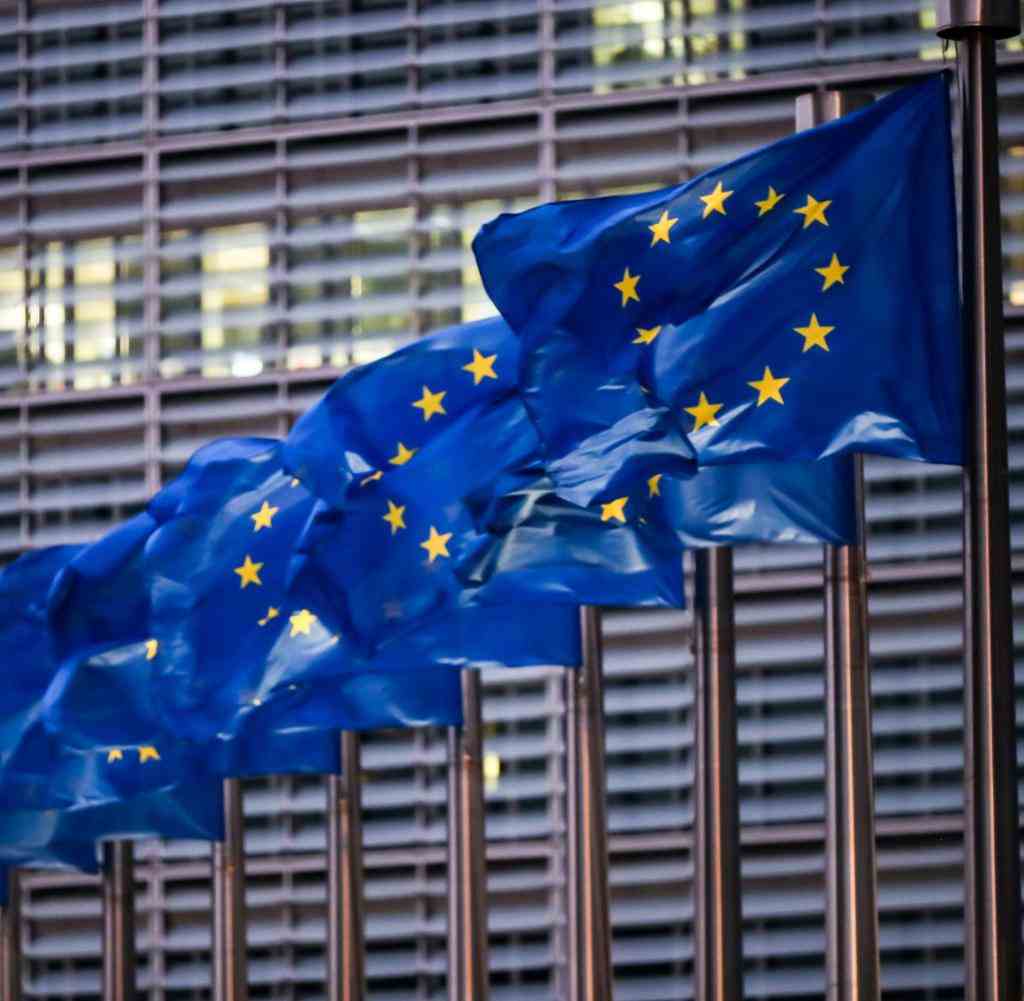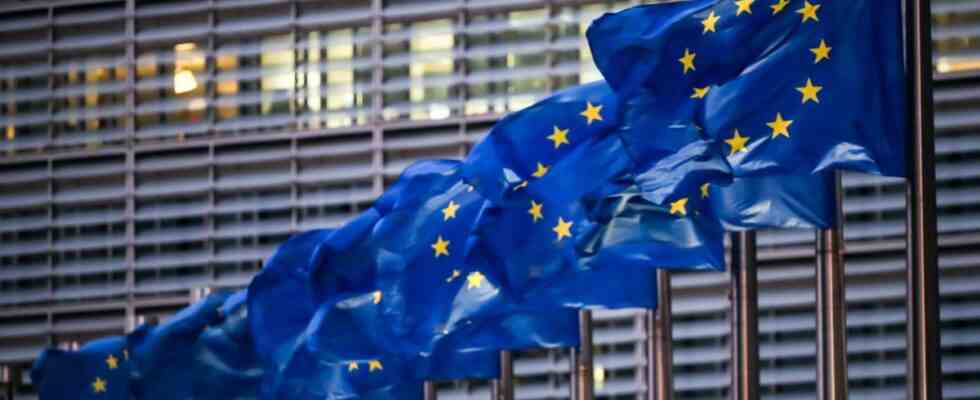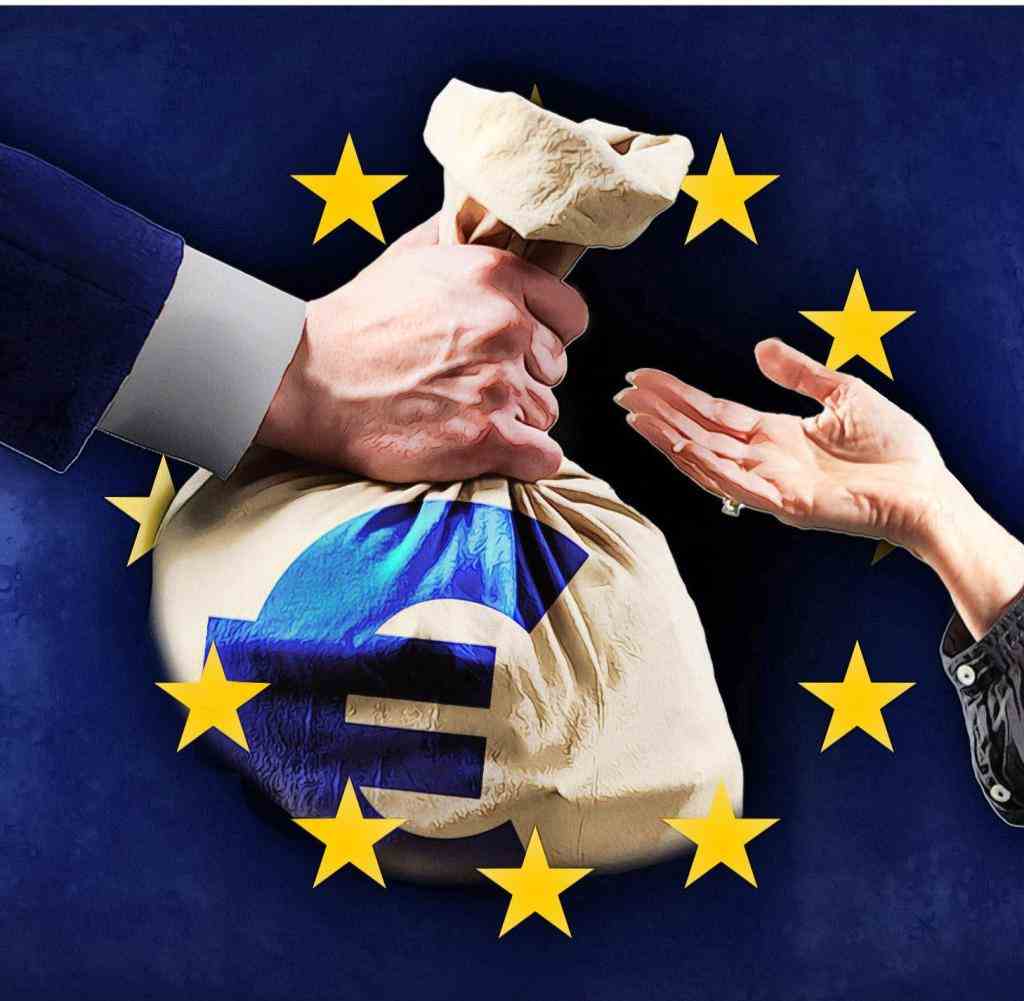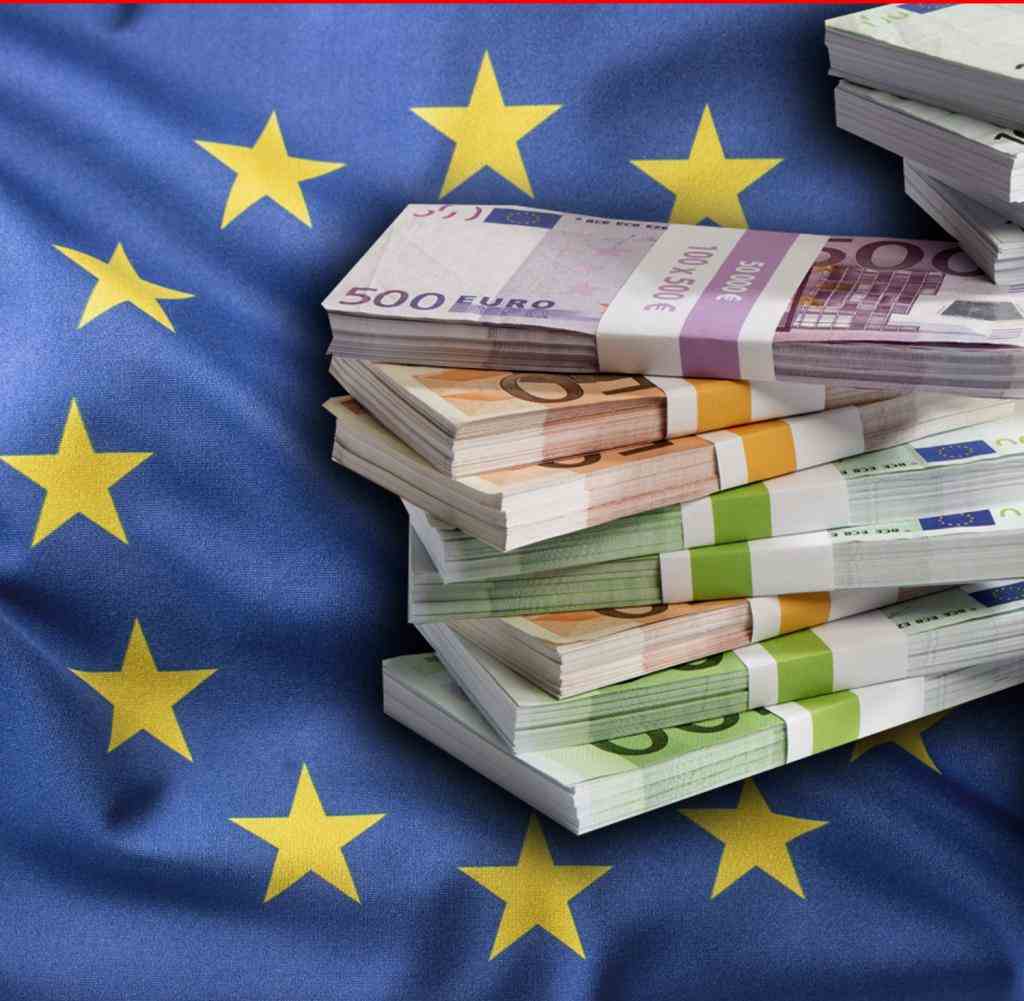That’s how much Germany now pays for the EU budget

In addition to the Germans, the Danish, Swedes, Dutch and Austrians are also important net contributors per capita: European flags in front of the EU Commission headquarters
Source: dpa/Zhang Cheng
Partly because of Brexit, Germany contributed more money to the EU budget in 2021 than ever before. The federal government emphasizes that the billions are well invested. Calculations also show which countries receive the most money from Brussels.
Dhe German financial contribution to the EU budget rose to a new record last year. According to calculations by the German Press Agency, in 2021 the Federal Republic of Germany contributed around 25.1 billion euros net to the joint expenditures of the European Union. The bottom line is that France gave only about half as much money with 12.4 billion euros, Italy with around 3.2 billion euros less than a seventh.
According to the calculations, the largest net recipient in absolute terms was Poland, which received around 11.8 billion euros more from the EU budget than it paid in. This was followed by Greece with 4.5 billion euros, Hungary with around 4.1 billion euros and Romania with just under 4 billion euros.
In 2020, the German net contribution was still significantly lower at around 19.4 billion euros. However, during the negotiations on the EU financial framework for the years 2021 to 2027, the Federal Republic and the other net contributors then agreed to increase their contributions again in order to largely compensate for the loss caused by the net contributor Great Britain leaving the EU.
The figures are politically explosive, above all because of the large flow of money to Poland and Hungary. Both states have come under criticism because they are accused of serious violations of the rule of law and other fundamental values of the EU. For this reason, only certain funds from the Community budget earmarked for Hungary have been frozen for the time being.
The EU Commission, which is responsible for both the EU budget and compliance with the rule of law in the EU, did not want to comment on the figures when asked by dpa. The Brussels authority has not published the balance sheets for some time because it fears that the figures could be used politically – for example by EU opponents in the net contributor countries.
In addition, the Commission points out that the EU budget is very small compared to the national budgets and that the benefits of EU membership cannot be derived from the budget figures alone. For example, it is argued that the financial advantages that export nations like Germany have from the free movement of goods were left out.
This is also seen in Berlin. “No other European economy benefits as much from the EU internal market as the German economy,” says a website of the federal government. Germany pays a lot of money into the EU pot, but benefits even more from it.
How much money an EU state has to pay into the community budget depends essentially on its share of the EU’s economic power. Calculated per capita, in addition to the Germans, the Danes, Swedes, the Dutch and Austrians are also important net contributors.
“Kick-off Politics” is WELT’s daily news podcast. The most important topic analyzed by WELT editors and the dates of the day. Subscribe to the podcast at Spotify, Apple Podcasts, Amazon Music or directly via RSS feed.




